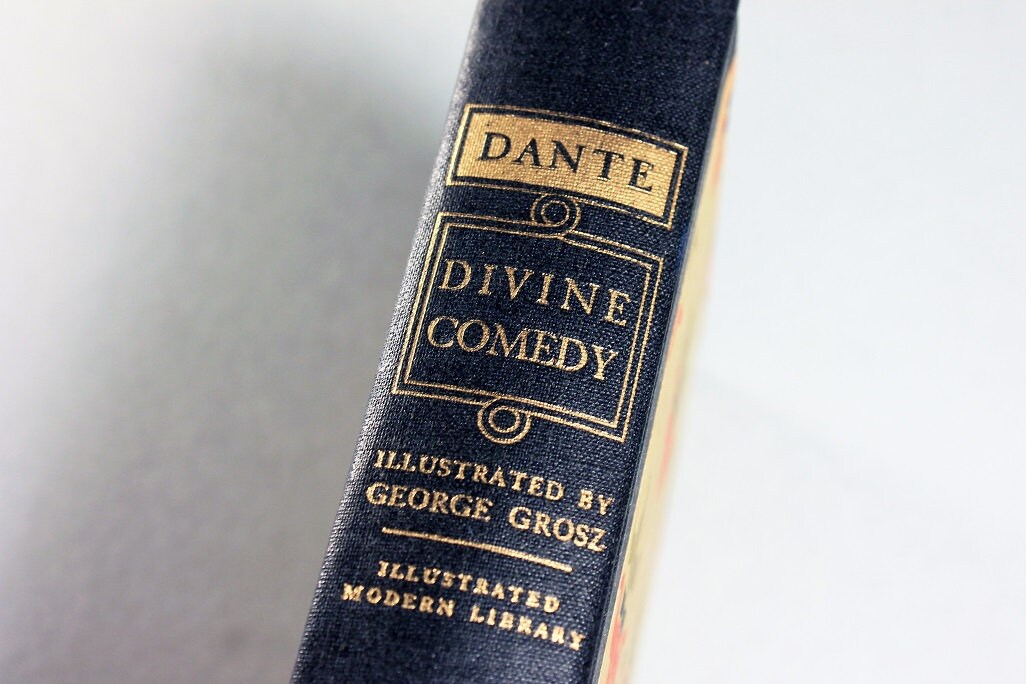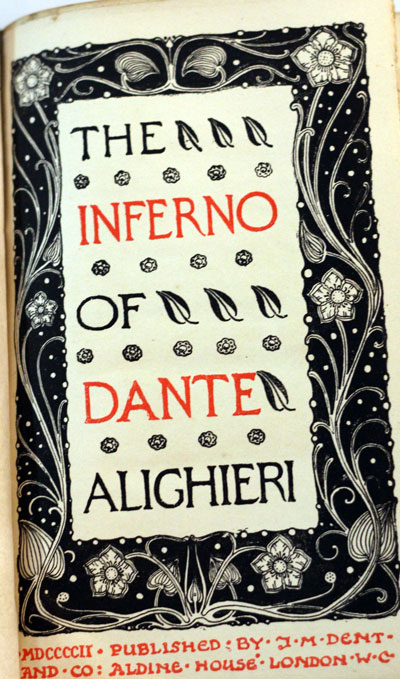

Consequently, the Divine Comedy has been called "the Summa in verse". It is widely considered to be the pre-eminent work in Italian literature and one of the greatest works of world literature.

1308 and completed in 1320, a year before his death in 1321. At this deeper level, Dante draws on medieval Christian theology and philosophy, especially Thomistic philosophy and the Summa Theologica of Thomas Aquinas. The Divine Comedy is a 14,233 lines-long Italian narrative poem by Dante Alighieri, begun c. On the surface, the poem describes Dante's travels through Hell, Purgatory, and Heaven but at a deeper level, it represents, allegorically, the soul's journey towards God. It is divided into three parts: Inferno, Purgatorio, and Paradiso. It helped establish the Tuscan dialect, in which it is written, as the standardized Italian language. The poem's imaginative and allegorical vision of the afterlife is representative of the medieval world-view as it had developed in the Western Church by the 14th century. It is usually held to be one of the world’s great works of literature. It is widely considered the preeminent work of Italian literature, and is seen as one of the greatest works of world literature. The Divine Comedy, Italian La divina commedia, original name La commedia, long narrative poem written in Italian circa 130821 by Dante. Its highly idiomatic verse, however, has long bedeviled English-language translators.

The Divine Comedy (Italian: Divina Commedia) is an epic poem written by Dante Alighieri between c. The Divine Comedy marked nothing less than the arrival of vernacular Italian as a literary language-and Dantes book is still considered Italys greatest literary achievement.


 0 kommentar(er)
0 kommentar(er)
